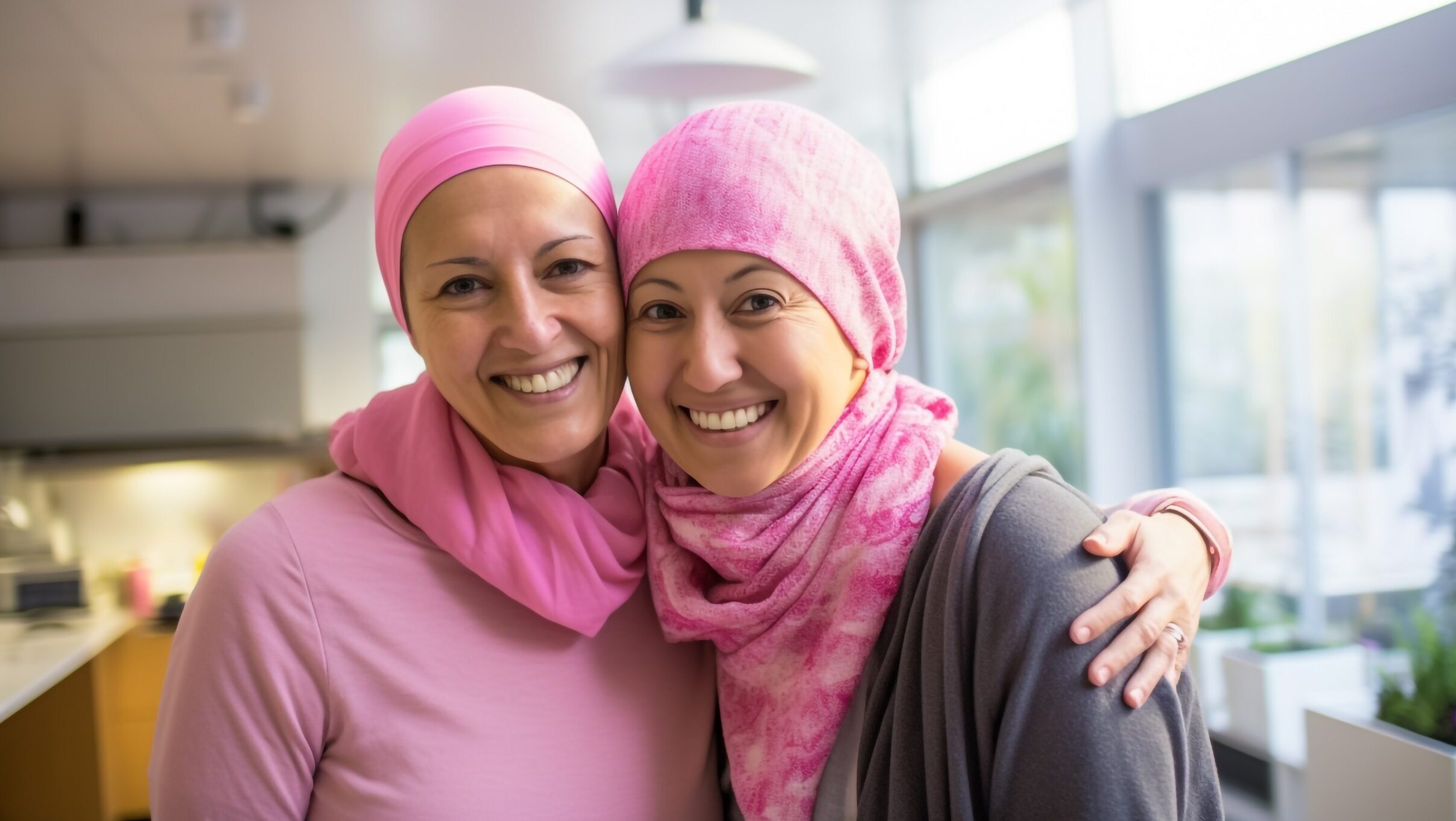Israeli Women Embrace Innovative Therapies in Breast Cancer Battle
In honor of Breast Cancer Awareness Month, reporter Maayan Hoffman highlights the stories of Israeli women who are embracing innovative therapies to combat breast cancer and aid in their physical and emotional recovery. Survivors like Gali Michaeli share their journeys of diagnosis, treatment, and healing through advanced methods such as fascial manipulation and medical micropigmentation.
Michaeli was diagnosed with breast cancer just three months after returning to work from her second maternity leave. Her mother had previously battled the disease and was found to be a BRCA gene carrier, leading Michaeli to get tested and discover she also carried the gene, significantly increasing her risk. After giving birth to her second child, she had her ovaries removed, a standard recommendation for BRCA carriers. Soon after, she found a lump in her breast and was diagnosed with triple-negative breast cancer, prompting a double mastectomy.
Give the gift of hope
We practice what we preach:
accurate, fearless journalism. But we can't do it alone.
- On the ground in Gaza, Syria, Israel, Egypt, Pakistan, and more
- Our program trained more than 100 journalists
- Calling out fake news and reporting real facts
- On the ground in Gaza, Syria, Israel, Egypt, Pakistan, and more
- Our program trained more than 100 journalists
- Calling out fake news and reporting real facts
Join us.
Support The Media Line. Save democracy.


Physiotherapist Natalie Brettler employs fascial manipulation to help survivors regain function and reduce pain. Brettler explains that this technique focuses on the body’s connective tissues, addressing issues like muscle function interference and reduced range of motion. Patients like Michaeli and 22-year-old Eden have experienced significant improvements in mobility and quality of life through this therapy.
Another innovative approach is medical micropigmentation, offered by tattoo artist and former cancer researcher India Abraham. She creates 3D nipple tattoos for women who have undergone mastectomies, helping them restore confidence and feel whole again.
Breast cancer remains a significant health issue in Israel, with about 467 new cases diagnosed each month and projections estimating around 5,600 new cases in 2024. The prevalence is partly due to over 2% of Ashkenazi Jewish women carrying BRCA gene mutations.
Reporter Maayan Hoffman sheds light on these personal stories and the advanced therapies aiding recovery. Read the full article to learn more about the resilience and innovation in Israel’s fight against breast cancer.

